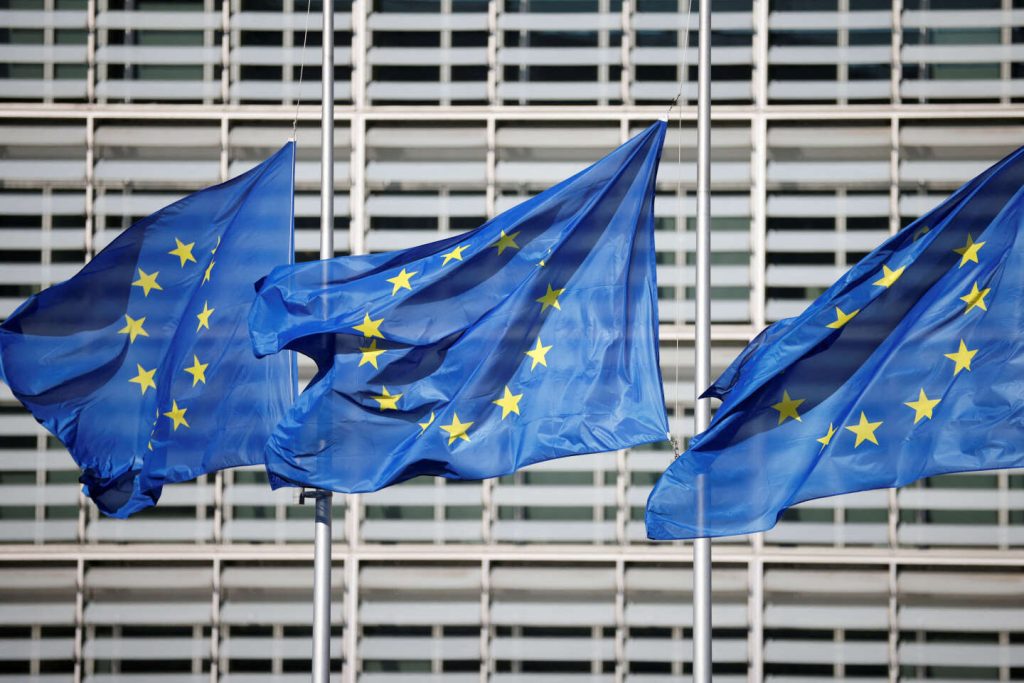The French deficit reached 5.5% of the gross domestic product (GDP) in 2023, leading credit rating agencies to possibly lower France’s credit rating. However, financial markets are paying little attention to this, with the interest rate on French ten-year bonds hovering around 3.8%, showing that investors are not immediately worried. Andrew Balls, the Director of Investment for Europe, Asia, and Emerging Markets at Pimco, a major asset management company, explains this paradox. He believes that the Eurozone has successfully weathered various shocks in recent years, leading to limited sovereign debt risks.
Balls notes that prior to the Covid pandemic, concerns over European sovereign debt risks were present, but the Eurozone has since endured a deep recession and a war, passing the stress test with flying colors. Despite this success, he acknowledges that the European economy is currently in a state of stagnation. While the continent has avoided a deep recession following the energy shock of 2022-2023, growth prospects remain uncertain. Balls expresses concerns over declining productivity in Europe and the lack of significant progress in artificial intelligence compared to the United States, where AI has already led to a wealth effect, creating start-ups and raising funds.
However, the current state of the European economy is not comparable to the Eurozone crisis of a decade ago. During that time, German officials openly discussed the possibility of Greece defaulting on its debt, the European Central Bank hesitated to intervene, and markets panicked. Today, there is no such level of crisis within the Eurozone, with financial markets remaining relatively stable despite concerns over France’s rising deficit. The situation reflects a more resilient Eurozone that has learned from past challenges and is better equipped to handle economic shocks.
Looking ahead, Balls anticipates continued stagnation in the European economy compared to the United States. Despite avoiding a deep recession following recent challenges, the Eurozone faces uncertainties regarding its future growth potential. Concerns over declining productivity and the slow adoption of transformative technologies like artificial intelligence remain key challenges for the region. While the Eurozone may have passed recent stress tests, the path to sustainable growth and economic recovery remains uncertain, requiring continued vigilance from policymakers and investors.
In conclusion, the current economic situation in Europe, including France, is characterized by stagnation rather than crisis. While concerns over rising deficits and credit rating downgrades persist, financial markets have demonstrated resilience and confidence in the Eurozone’s ability to withstand economic shocks. However, challenges such as declining productivity and lagging technological innovation still pose significant obstacles to sustainable growth in the region. As Europe navigates these obstacles, it will need to adopt strategic policies and investments to ensure long-term economic stability and prosperity.















